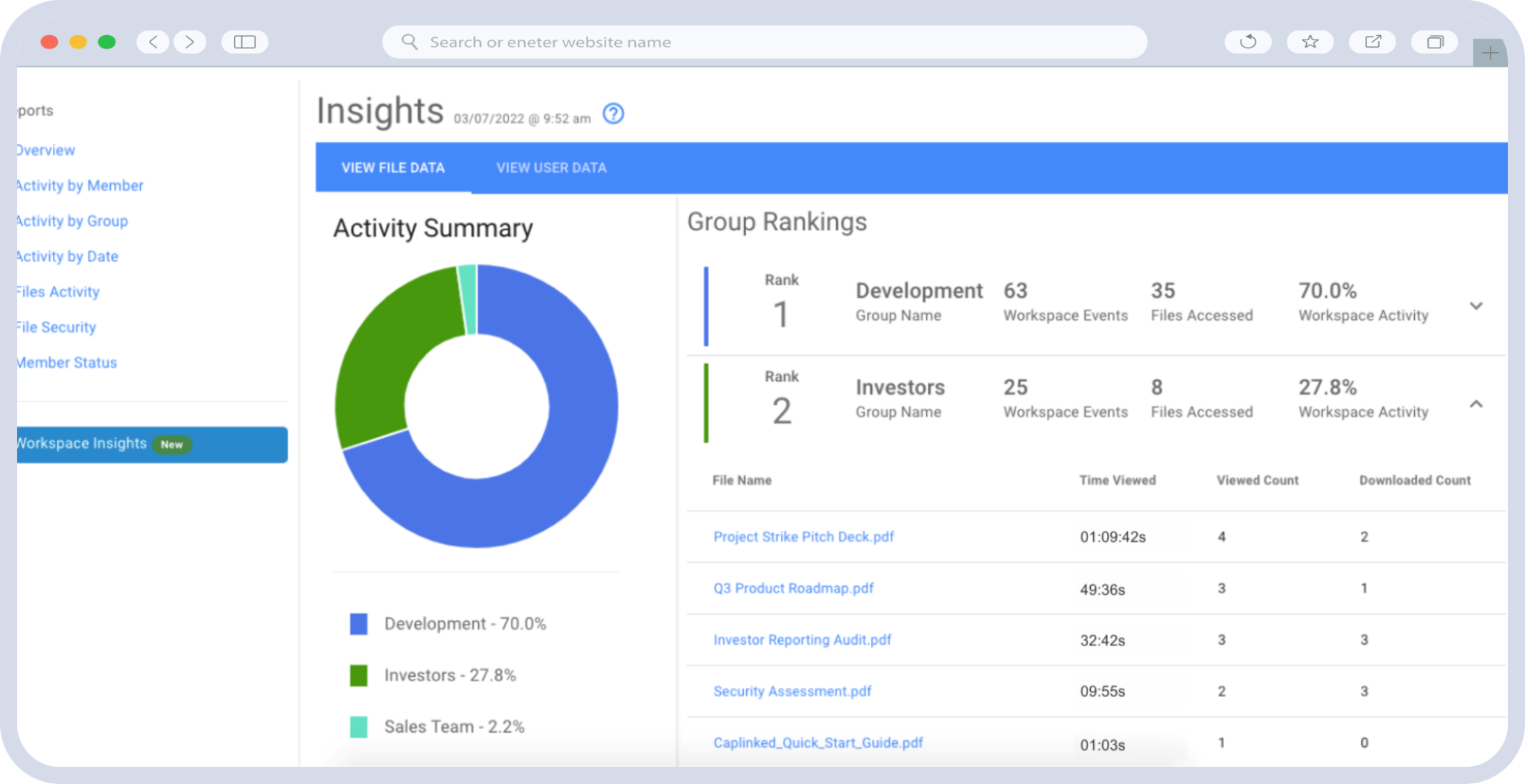When a company is interested in doing business with another company — or perhaps is even merging with or acquiring that company — it will want to perform a customer due diligence. This means having a close look at how the target company books its revenues. This will normally include a closer look at the target company’s sales, and an even closer look at customer profiles, price points, recurring revenues, contracts, financing plans and other aspects of the company’s customer operations.
It is important to note that customer due diligence is also used by financial institutions as part of their KYC (Know your customer) or AML (anti-money laundering) activities, to ensure that the potential customer with whom they might begin a working relationship is not involved in illegal activities.
However, customer due diligence can take on a broader role for any company thinking about entering into a business relationship with another company, for the purpose of investigating any potential issues.
Here are some considerations for a company interested in performing customer due diligence.
Top Customers
While no company will reveal its entire customer list to another company upon request, a company considering using the other company’s products or services will want to get a better idea of the other customers with whom the other company or vendor is engaged. This is important, for example, because if the vendor is already at capacity servicing its current client base, then the company considering purchasing that company’s services will not benefit.
As another scenario, the company considering hiring the vendor would want to know that it would receive the same level of attention that other customers receive, regardless of the size of the potential contract.
Insurance Coverage
As a way to limit exposure to risk, large companies generally require vendors with whom they do business to carry at least some form of general liability insurance. Publicly traded companies and financial institutions generally require additional forms of insurance. Understanding the insurance coverage in place by a vendor is essential when conducting customer due diligence.
Service Agreements
As an extension of a deeper understanding of top customers, a company evaluating a vendor must also uncover the typical service agreements offered by that company and how a potential contract with a service agreement component might differ.
Credit Policies and Payment Plans
The credit policies and payment plans are also a key component of customer due diligence.
Customer Satisfaction
Customer due diligence should also include a review of customer satisfaction reports, studies or scores. These can be obtained from industry resources, or a third party can be hired to conduct a survey if time permits.
Customer Due Diligence Made Safer and Stronger
A company entering into a business relationship with another company will want to conduct customer due diligence completely and safely. Any and all documents need to be shared frictionlessly anytime, anywhere, and via any platform of the companies’ choosing.
More than simply offering cloud document storage and management, a virtual data room (VDR) includes features that not only facilitate sharing and document review but also incorporate the highest levels of security to prevent misuse or compromise.
Organizations should consider an enterprise document security solution like Caplinked that has years of experience providing data rooms for organizations needing privacy as they engage in sensitive and complex transactions. Interested in learning how Caplinked can make your customer due diligence data more secure? Start your free trial today.
Jake Wengroff writes about technology and financial services. A former technology reporter for CBS Radio, Jake covers such topics as security, mobility, e-commerce, and IoT.








